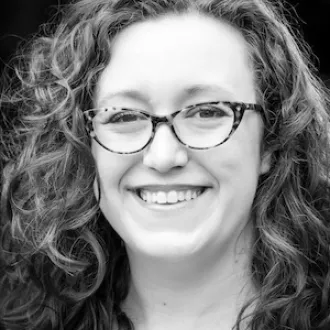
Every NEA member has the skills to knock on doors and get voters to the polls in support of pro-public education candidates. "You just need to be willing," says Maryland teacher Stephanie Bernholz Leuschner, who participated in this NEA Today audio story about the art of canvassing. Click below to travel along with Stephanie and get some points about face-to-face advocacy.
Quote byStephanie Bernholz Leuschner
Elapsed time: 0:00
Total time: 0:00
